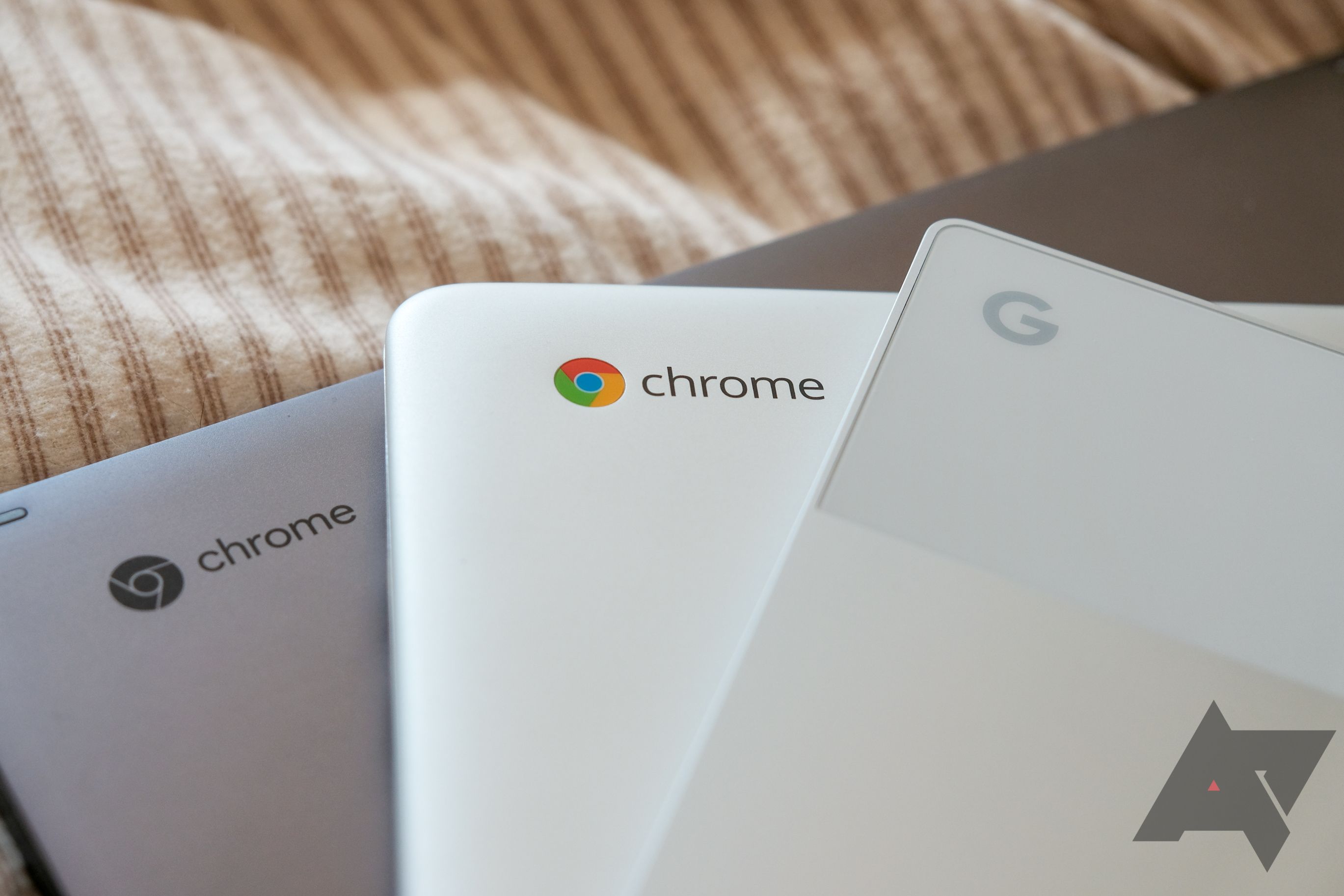Last month, Google announced that Chrome OS was getting support for Windows apps via Parallels, and while we knew the "why?" much of the "how?" remained to be determined. But in an interview today with The Verge, Google is revealing more of the juicy details behind the change.
According to the details of the interview with Google's Cyrus Mistry, group product manager for Chrome OS, when the feature first lands, it will be via a full copy of Windows essentially running alongside Chrome OS via Parallels. Google does eventually plan to trim things down so you don't have to run the full Windows desktop experience just to use a few apps. If you're familiar with Parallels' Coherence feature, it will eventually be like that.
The company initially looked at the idea of dual booting with a Windows environment, but ultimately saw it as too much of a sacrifice for the platform's security. Still, Google thinks it can plug the gap for folks that do most of their work in the browser but nonetheless need the occasional desktop app. Mistry compared the experience of using a Windows application to busting out an old VHS tape in the modern era, which is pretty funny, but a lot of folks whose workflows rely on Windows desktop applications might strongly disagree. But for most of us, it's probably true, and we do almost all of our work inside a browser. Supporting that is the undeniable fact that Chromebook sales are up 155% year-over-year.
Minimum requirements for this Windows-on-Chromebooks feature are still a work in progress, but expect to need more powerful hardware for it to work well. That means a beefier, higher-wattage i5 or i7 rather than an N-series Celeron, and I doubt it will be ARM compatible. A launch date for the feature is still unfixed, as are pricing details — if you thought this was going to be free, you're almost certainly out of luck.
While Google is scaling in the direction of desktop apps for users with legacy requirements, Microsoft is quickly approaching from the other direction, planning its own Windows 10X, a similarly cut-down web-first experience that will also offer Windows desktop applications — possibly through cloud virtualization.
Half a year ago, we said that Chrome OS had stalled out. You can't argue with sales metrics, and in this work-from-home era, Chromebooks are a huge success. But maybe this is the sort of kick in the pants the platform needs to keep its momentum going.
Source: The Verge

